A Junior ISA (JISA) is often an effective way for parents to start putting money aside for their children to help them reach their goals when they reach adulthood. One important question parents need to consider is: Should the money be held in a Cash JISA or invested through a Stocks and Shares JISA?
Read on to find out what you need to know about JISAs, and how to choose between saving and investing.
Up to £9,000 can be deposited in Junior ISAs in 2025/26
Like their adult counterparts, JISAs are efficient as the interest or returns generated are not liable for tax. In the 2025/26 tax year, you can deposit up to £9,000 across all JISAs for each child.
Only a parent or guardian can open a JISA, and once it’s set up, other loved ones can pay money into it.
The money placed in a JISA is not usually accessible until the child turns 18. So, it’s a useful option if you’re saving to help them reach a long-term goal like funding university, paying for driving lessons, or buying their first home. However, keep in mind that the child will have control of the money and how it’s used once they turn 18.
Government statistics published in December 2024 show that around £1.5 billion was added to JISAs in 2022/23, and more than 40% was placed in Cash JISAs. So, what’s the difference between a Cash JISA and a Stocks and Shares JISA?
- Cash JISA: A Cash JISA is similar to a savings account, and the money deposited will earn interest. While the money isn’t exposed to investment market volatility, you might want to consider the effect of inflation. If the rate of inflation is higher than the rate of interest, the value of the savings held in a Cash JISA will fall in real terms.
- Stocks and Shares JISA: With this option, the money can be invested in a range of assets that suit your risk profile. Over a long-term time frame, the investment returns have the potential to be higher than interest rates and inflation, so the value grows in real terms. However, investment returns cannot be guaranteed, and there are risks to consider.
Interestingly, an April 2025 report in MoneyAge indicates that parents who have a Cash ISA are almost twice as likely to open a Cash JISA for their child. While cash may be the right option for some families, choosing it because it’s what you’re familiar with could mean your child misses out on potential long-term returns.
3 questions that could help you choose between saving and investing
If you’re unsure whether to select a Cash JISA or a Stocks and Shares JISA, these three questions could help you identify which one is right for your needs.
- When does your child turn 18?
How long the money will be held in a JISA before it’s accessed might influence your decision for two key reasons.
First, the effects of inflation compound over time. So, if your child is still young, the rising cost of living could have a much greater effect on the value of savings than if they were a teenager.
Second, it’s usually sensible to invest with a minimum time frame of five years. This is due to markets experiencing volatility – a longer investment period provides more opportunity for the peaks and troughs to smooth out.
So, if your child is nearing 18, a Cash JISA may be more suitable, while you might want to consider investing if they’re younger.
- What are your goals?
How you want the money to be used will often play a role in how much risk you feel comfortable with. As a result, setting out your goals may be useful.
For example, if the money is essential for helping your child pursue further education, you might be less inclined to take a risk than if it may be used to fund a holiday.
A financial planner could work with you to understand your risk tolerance and assess if investing is right for your goals.
- What other steps are you taking to build a nest egg?
You might also be taking other steps to build a nest egg for your child. For instance, you could have a savings account for them or simply be putting money to one side in your own account.
If you are, it’s important to look at your JISA decision in a wider context – if your child will already receive cash savings on their 18th birthday, choosing a Stocks and Shares JISA may make financial sense.
You can open both a Cash JISA and a Stocks and Shares JISA for your child
Depending on your circumstances, you might decide to open more than one JISA for your child. As a result, you could save and invest at the same time.
Remember, the £9,000 JISA allowance in 2025/26 applies to all JISAs, so you may need to keep track of deposits going into each account, including those made by other people.
Contact us to talk about building wealth for your child
As well as opening a JISA for your child, other steps could make their future more financially secure. For example, you may pay into a pension on their behalf, make them a beneficiary of your will, or pass on a one-off financial gift during your lifetime.
Please get in touch to discuss your financial goals and how you could build a nest egg for your child.
Please note: This blog is for general information only and does not constitute financial advice, which should be based on your individual circumstances. The information is aimed at retail clients only.
The value of your investments (and any income from them) can go down as well as up and you may not get back the full amount you invested. Past performance is not a reliable indicator of future performance.
Investments should be considered over the longer term and should fit in with your overall attitude to risk and financial circumstances.
The Financial Conduct Authority does not regulate will writing or estate planning.
A pension is a long-term investment not normally accessible until 55 (57 from April 2028). The fund value may fluctuate and can go down, which would have an impact on the level of pension benefits available. Past performance is not a reliable indicator of future performance.
The tax implications of pension withdrawals will be based on your individual circumstances. Thresholds, percentage rates, and tax legislation may change in subsequent Finance Acts.



 Production
Production